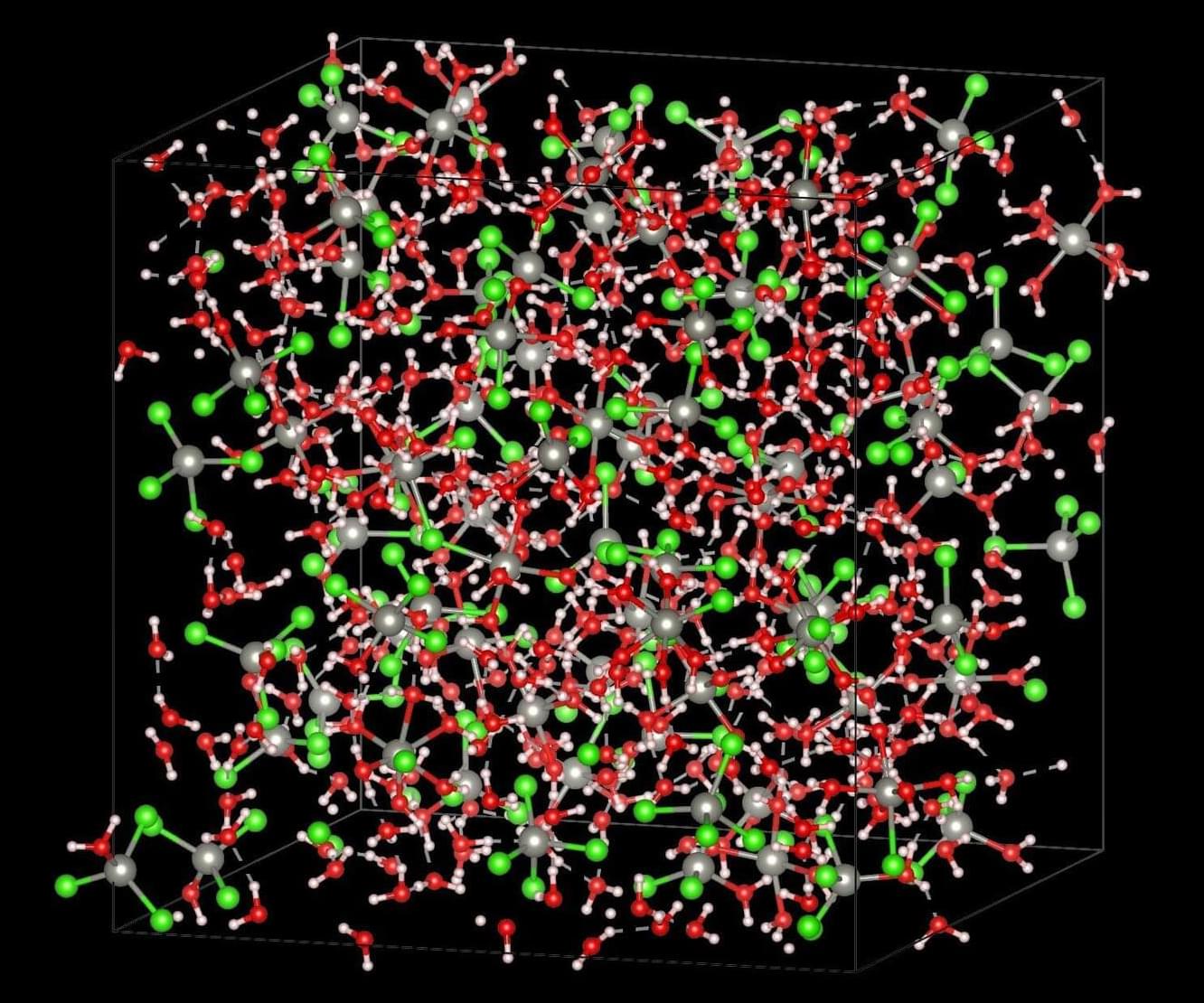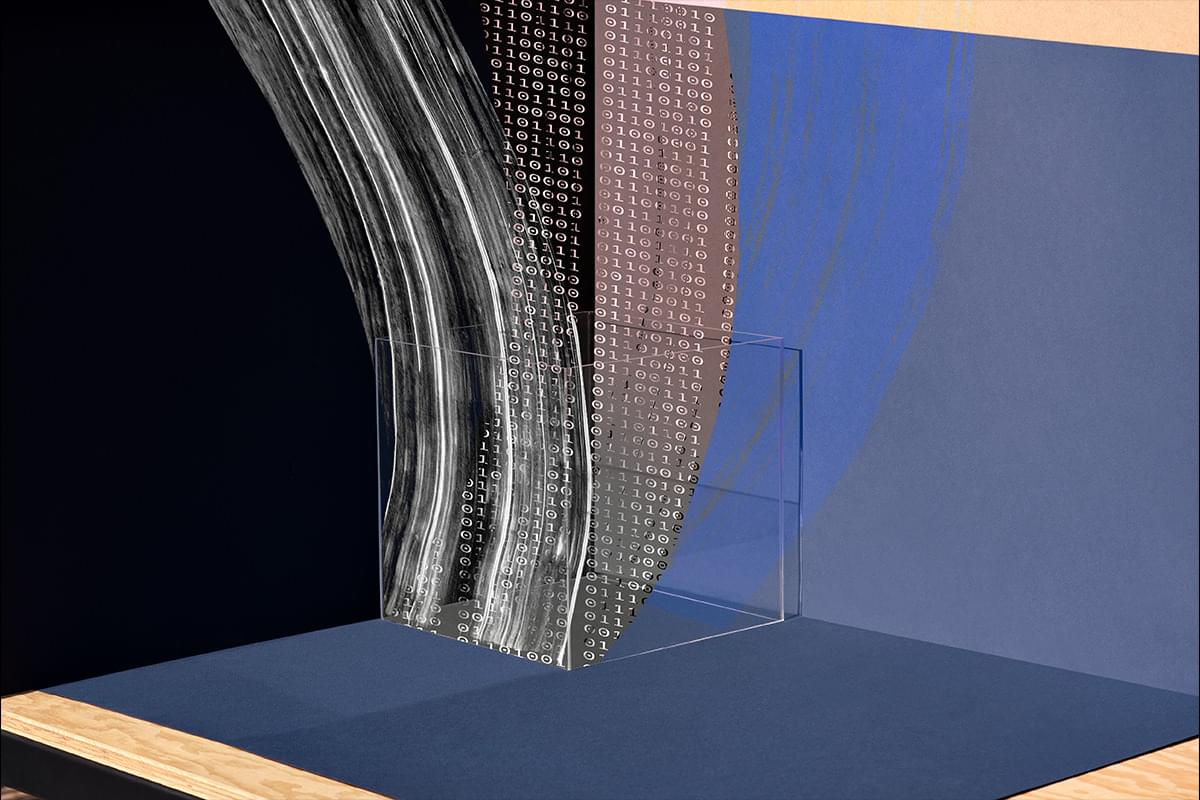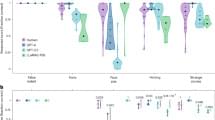Imagine slipping on a pair of contact lenses and suddenly being able to see infrared light—without any bulky equipment or even a battery. That’s now a reality thanks to breakthrough lenses developed by scientists that convert invisible infrared into visible colors.
Mice tested with the lenses navigated away from infrared light, while humans could perceive flickering codes and light directions. The lenses even work better with eyes closed, thanks to superior penetration of infrared light.
Infrared Vision Through Contact Lenses









